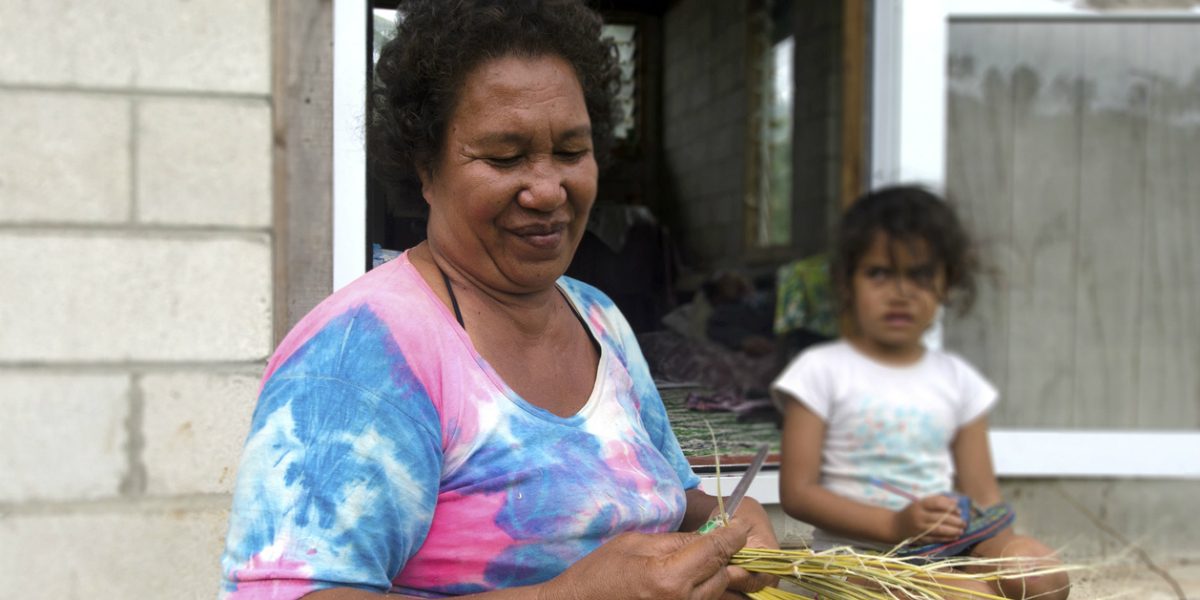
Monitoring government responses to human rights and health inequities faced by women and girls in low-and middle-income countries of the Asia Pacific region
This project will analyse and describe the impact of the United Nations (UN) Convention on the Elimination of all forms of Discrimination Against Women (CEDAW) periodic review process on the health and health-related human rights of women and girls in countries of the Asia-Pacific region. It will provide insight into the extent of state participation, the types of recommendations provided, and the likelihood of their implementation to potentially improve the effectiveness of human rights mechanisms on the health outcomes of minority populations.
This project aims to:
- Determine the extent of state participation in CEDAW, and whether the level of participation is impacted by the country’s Asia-Pacific sub-region, World Bank Economic Group or the existence of an ongoing humanitarian crisis.
- Review the number and type of recommendations provided by the CEDAW committee, analysing their distribution across CEDAW articles and Asia-Pacific sub-regions and comment on how actionable and practical they appear.
- Quantify how many of the recommendations have been implemented and identify patterns and trends in the implementation of specific CEDAW articles and issues.
Outcomes of this research will provide unique empirical evidence measuring the effectiveness of CEDAW in mobilising the health and health-related human rights changes in UN Member States. These results will provide a more realistic measure of the UN mechanisms’ successes and ascertain how well review mechanisms are working to progress international human rights standards.





